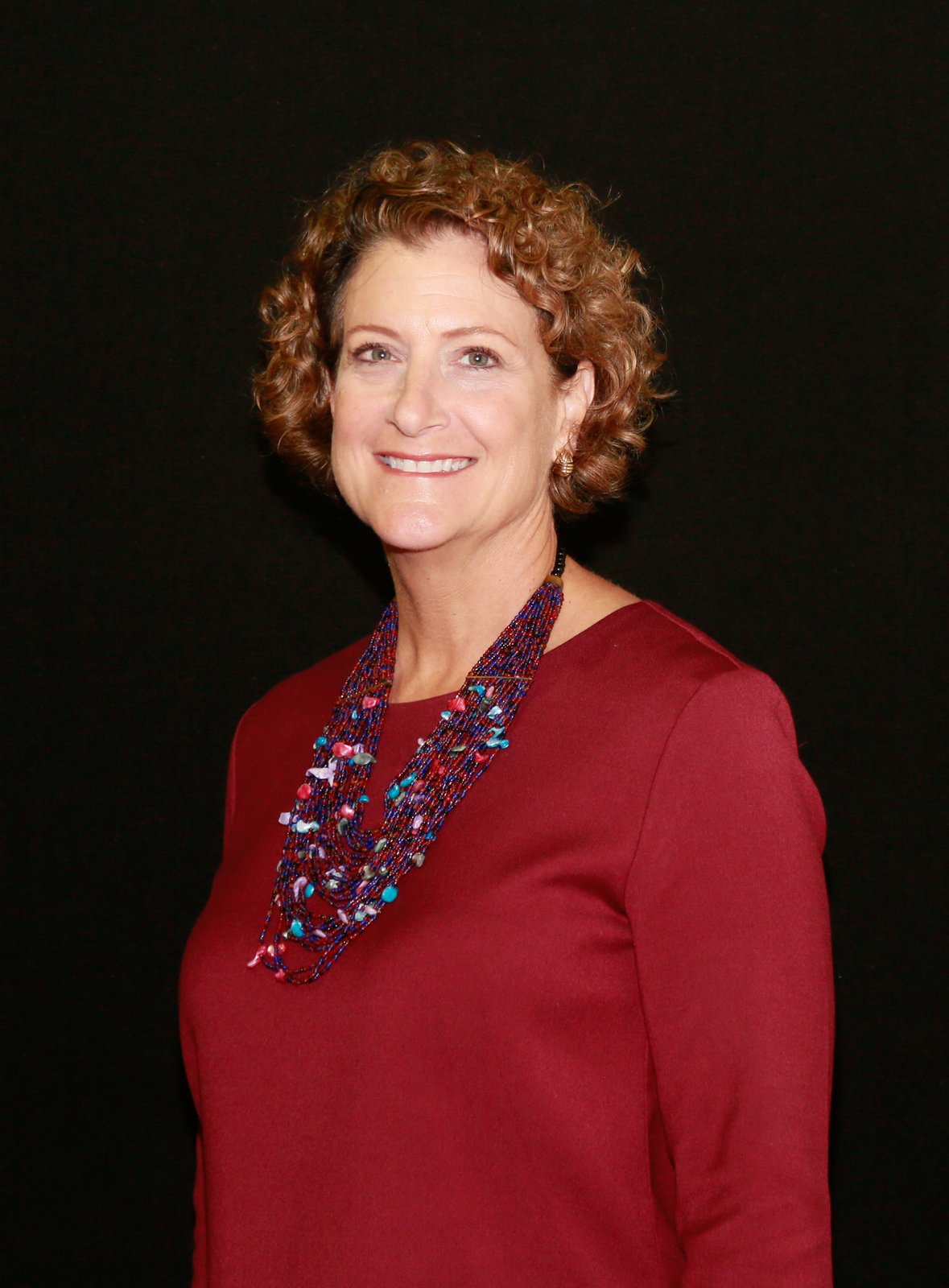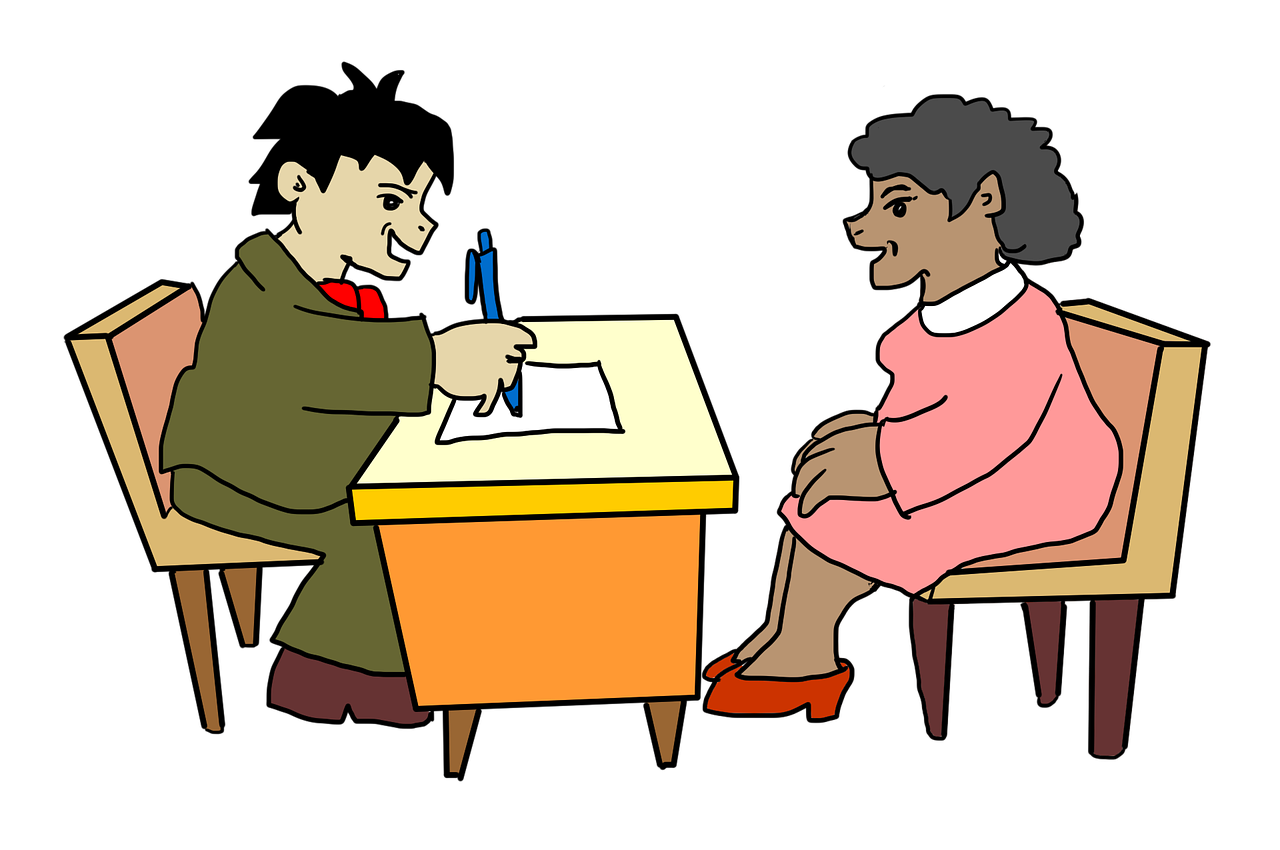The significance of the job search can be overwhelming. So much so that 73 percent of job seekers in a CareerBuilder study said that it’s one of the most stressful things in life.
To calm their nerves, many job seekers turn to numerous online resources available to help prepare for the hiring process. That means many candidates walk into the interview with the exact same perfectly polished answers to the most common interview questions. Recruiters have long since caught on and have made it clear they don’t want rehearsed responses — they’re looking for authenticity in candidates.
To that end, they often try to catch candidates off guard by asking situational interview questions. Giving a run-of-the-mill response will do little to impress the interviewer. Instead, you should thoughtfully form your answers from meaningful experiences using this simple formula:
- Identify a problem or challenge you’ve faced
- Explain your solution to the problem
- Share what you learned from the experience
- Show how you and/or your employer benefitted from the situation
Ready to put it to the test? Calm your pre-interview jitters by mentally preparing to genuinely respond to situational interview questions. Here are a few common questions to practice perfecting your ability to draw on honest, candid experiences:
“How would you communicate with an angry customer/client if they…?”
Anyone in a customer service or client-facing role will come in contact with a disgruntled individual from time to time. In fact, this is the nature of the job. After all, consumers don’t generally reach out to the company when everything is going right from their perspective. That doesn’t make the experience any easier.
Recount a time when you expertly dealt with an angry customer and turned the situation into a positive experience for everyone. Be clear about the steps you took to reach the resolution. Share how you exercised your listening skills and patience. Highlight your people and problem-solving skills.
“What would you do if you found it difficult to work with someone on…?”
Everyone wants a team player. This means having the awareness and understanding to traverse a variety of different work styles and personalities. Yes, sometimes, that means difficult co-workers or managers.
During your interview prep, think back to a time you had to work with someone you did not connect well with. How did you change your communication, management, or workflow tactics to better collaborate with that person?
Even better, show how you were able to build a working relationship and come to understand one another better. This shows commitment to a team mentality and the flexibility needed to work with multiple stakeholders.
“What would you do if you disagreed with…?”
You could disagree with your boss, co-workers or the neighbor lady. Interviewers are simply looking to see if you remain socially aware while sticking to your guns.
You obviously want to prepare for this question by choosing a situation where you handled a disagreement well, but don’t be afraid to show how you admitted when you were wrong. Just be sure to frame the conflict respectfully. Most importantly, share the resolution of this hypothetical disagreement and what you learned from it.
“What if something went wrong during…?”
Everybody gets caught off guard or makes mistakes sometimes. It’s how you own up, correct, and learn from the situation that matters to recruiters. Framing this interview question can be tough, but it can show your potential employer a lot about your ability to handle mistakes and to perform under pressure.
Choose a time when something went wrong and you were able to navigate the situation to a beneficial outcome. Focus on your immediate reaction, how you came to a timely solution, and how you changed your approach to prevent the problem in the future.
Don’t forget to share who you notified of the situation and give credit if someone helped you. While turning a negative situation around is impressive, you don’t want to give the impression you cover your mistakes or take credit from others.
“How would you handle the stress of…?”
Adaptability in the workplace is an invaluable trait. Your interviewer may ask you directly how you handle excess pressure from tight deadlines, faulty technology, micro-managing, etc. Rather than merely saying you take deep breaths and power through, share insight into a specific experience. This could be externally or internally focused.
For example, you may have reached out to your manager or team for help when you felt overwhelmed, even if the stressor seemed trivial. Maybe you checked in with an old mentor for advice or simply went for a walk to clear your head before responding to an inflammatory email. Show your ability to recognize when stress is building and proactively address it to stay level-headed in the face of frustration.
“What would you do if asked to perform a task you’d never done before…?”
No matter how far along you are in your career, there will be times when you’re going to have to tackle new tasks, sometimes out of your skillset. Interviewers are looking for a coachable employee who can handle learning new tasks without succumbing to frustration.
Share a time you boldly took on a new responsibility and your course of action to get it done correctly. Perhaps you identified areas where you needed to improve your skills and asked for guidance or took a quick course. Detail the outcome of the task or project and share what you took away from the challenge.
“How would you handle a time you failed at…?”
This isn’t a trick question, so don’t shy away from talking about failures. Resilience is a trait that can be nurtured and encouraged, but the ability to effectively self-motivate through adversity is generally innate. The interviewer doesn’t care about what you failed at doing as much as how you succeeding in overcoming it.
Choose a career failure that helped shape you into the professional you are today. Don’t focus on your feeling of failure. Talk about how you accepted, overcame, and moved on from the experience. It’s especially beneficial to share any opportunities you were able to recognize by failing the first time and how you responded to words of encouragement or criticism from those who saw you fail.
“How would you approach being asked to accomplish…?”
Now is your time to shine. Share details about an achievement that directly relates to the role you’re interviewing for. Don’t forget to talk about the impact of this accomplishment on your team and organization as a whole. Did it speed up workflow? Improve client relationships? Add to the employer’s bottom line?
The key is to show if you are the type of person that goes the extra mile or if you do exactly as you’re told without question. There isn’t a wrong answer here, but if you have a situation when you did more than what was asked, share the outcome and if it was the right thing to do in that situation. This insight is really what your interviewer is looking for.


